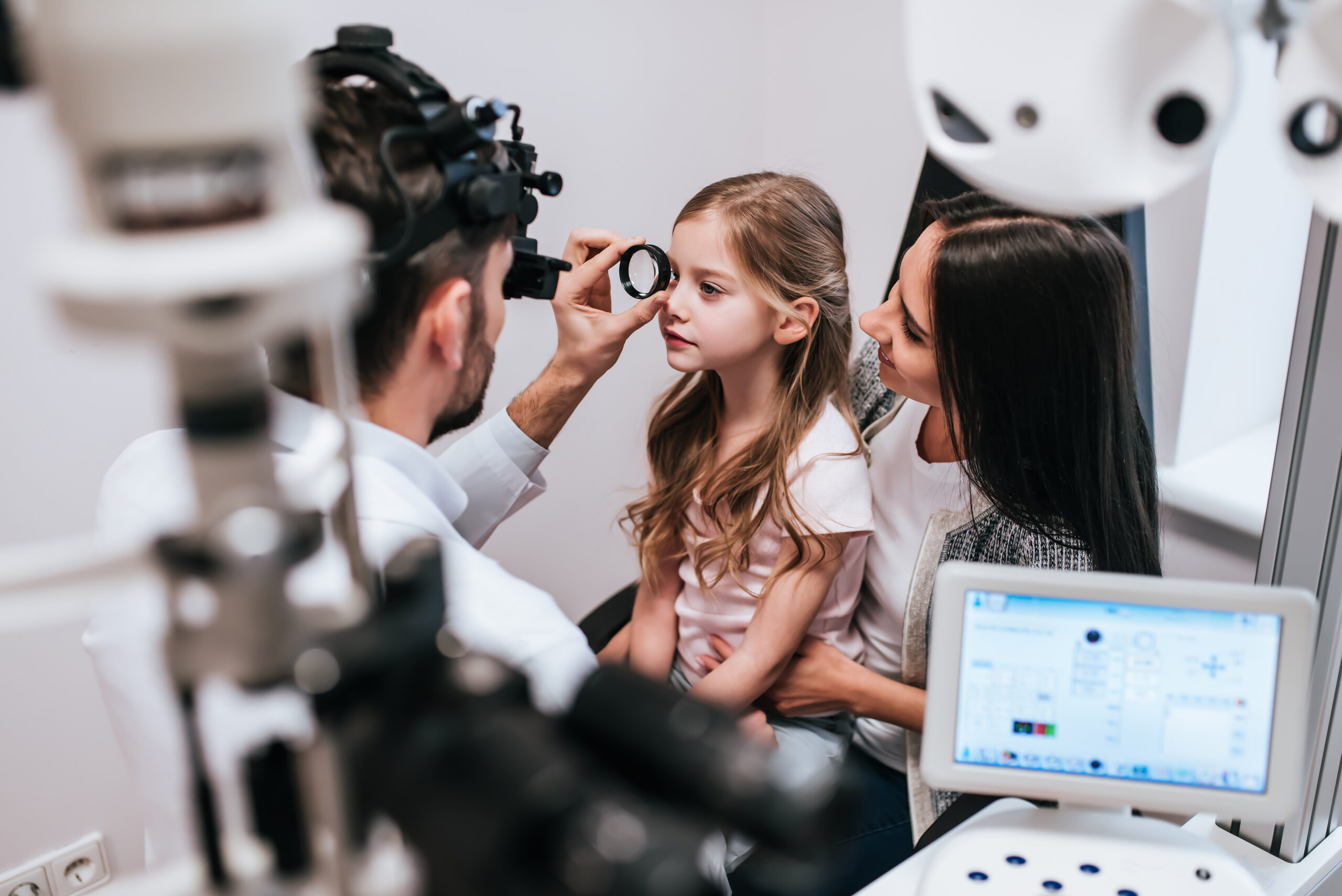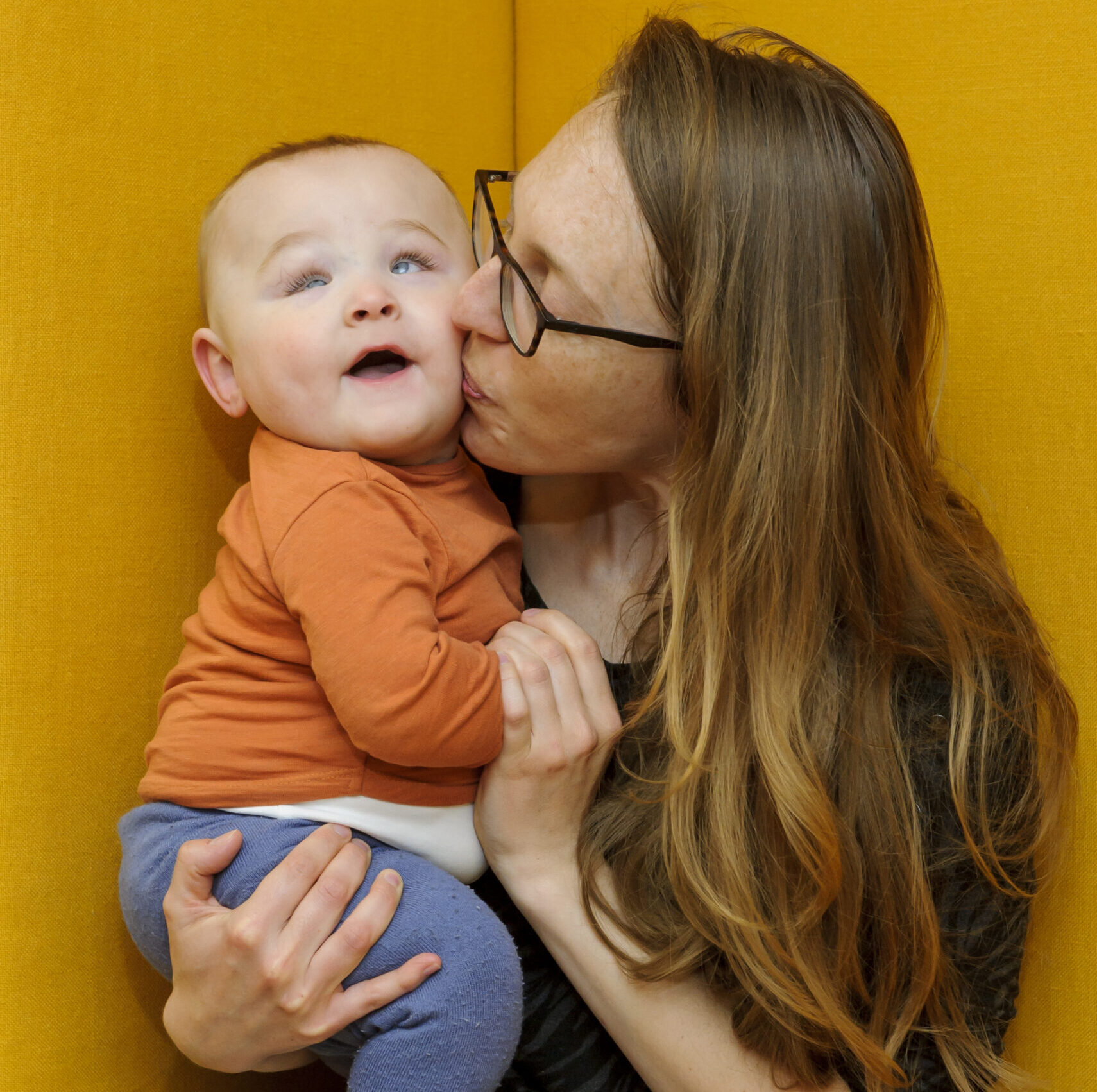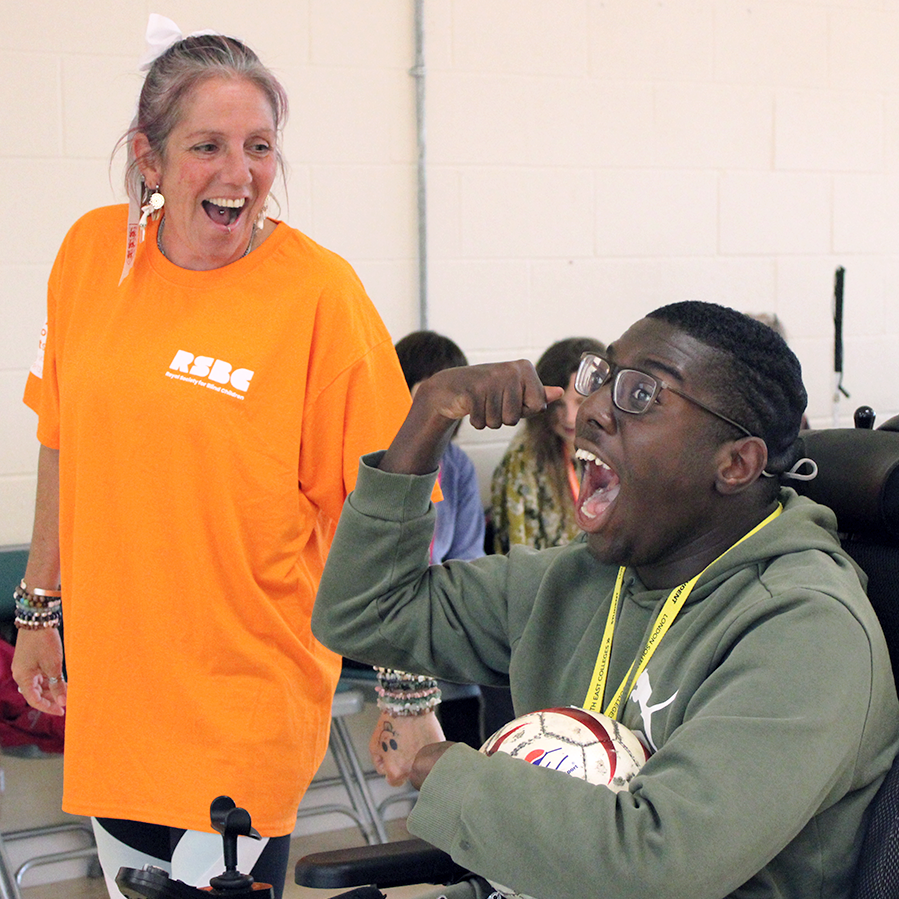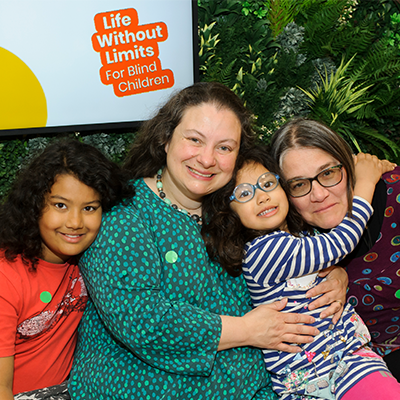Mental Health Awareness Week: Sight loss can have a profound impact on children’s mental health
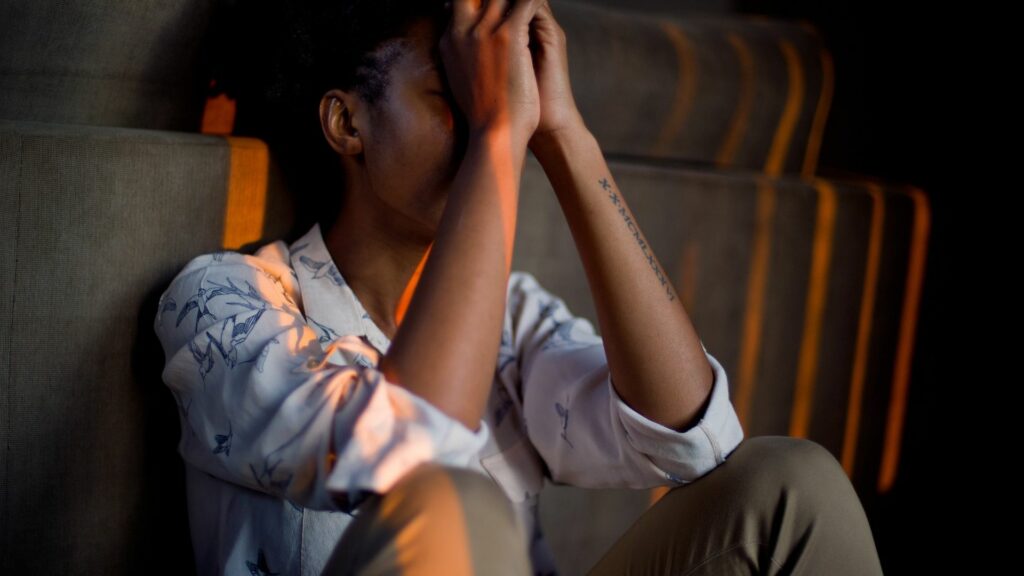
May 17, 2023
This year’s Mental Health Awareness Week’s focus is “Anxiety” as they aim to increase people’s awareness and understanding of anxiety by providing information on the things that can help prevent it from becoming a problem.
Statistics about mental health and sight loss among children and young people
Every day, four more children will be diagnosed with sight loss.
There are an estimated 37,000 blind and partially sighted children and young people in England and Wales.
Research on the mental health of children affected by sight loss is limited but it indicates that vision impairment is associated with greater symptoms of anxiety and depression.
Research by RNIB across the vision impaired population found that
- 31 per cent of blind and partially sighted people are rarely, or never, optimistic about the future.
- People affected by sight loss were more than twice as likely to have experienced difficulties with unhappiness or depression than the UK average.
Impacts of sight loss on children’s mental health
One of the most significant challenges faced by blind and partially sighted people of all ages is social isolation. They can find it difficult to participate in many social activities, including meeting up with friends or family, attending events, or participating in hobbies.
This can lead to feelings of loneliness, anxiety and depression. Many of those affected by sight loss also experience low self-esteem and confidence.
Simple tips for coping with anxiety
Meet Amy, a partially sighted young person and a regular member of RSBC Sisterhood sessions. She is delighted to share her tips to cope with anxious situations.
How can RSBC services help vision impaired children and young people reduce anxiety?
The Royal Society for Blind Children offers a range of services including emotional support and practical advice for families of blind and partially sighted children, and activities for the children and young people to build confidence, resilience and skills. RSBC also has a specialist further education college, Dorton College for 16-25 year old vision impaired students.
RSBC’s CEO, Sue Sharp comments:
“We are focussed on supporting blind and partially sighted children to develop the resilience and confidence they will need for today and for their future.”
“The services we offer are designed to do just that and to open up opportunities for the children and young people to make new friends and have new experiences.”
“Our work with families also ensures that they, too, have access to the support they need. “As a parent we all want our children to be confident and happy and to have friends with whom they can explore and enjoy new opportunities and interests.”
“At RSBC we are committed to ensuring that blind and partially sighted children are no different. We also want to make sure, though, that every young person we work with feels like they have someone who they can turn to for help when they need it.”
RSBC’s Families First programme supports the emotional wellbeing of vision impaired children and young people (0-25) and their families.
RSBC’s Live Life Go Further programme includes a wide range of online and in-person activities for vision impaired children and young people. They’re really fun, reduce isolation, build friendships and teach new life skills.
And RSBC’s Dorton College offers a day provision for vision impaired students (16-25) in the London borough of Bromley.
You may also like
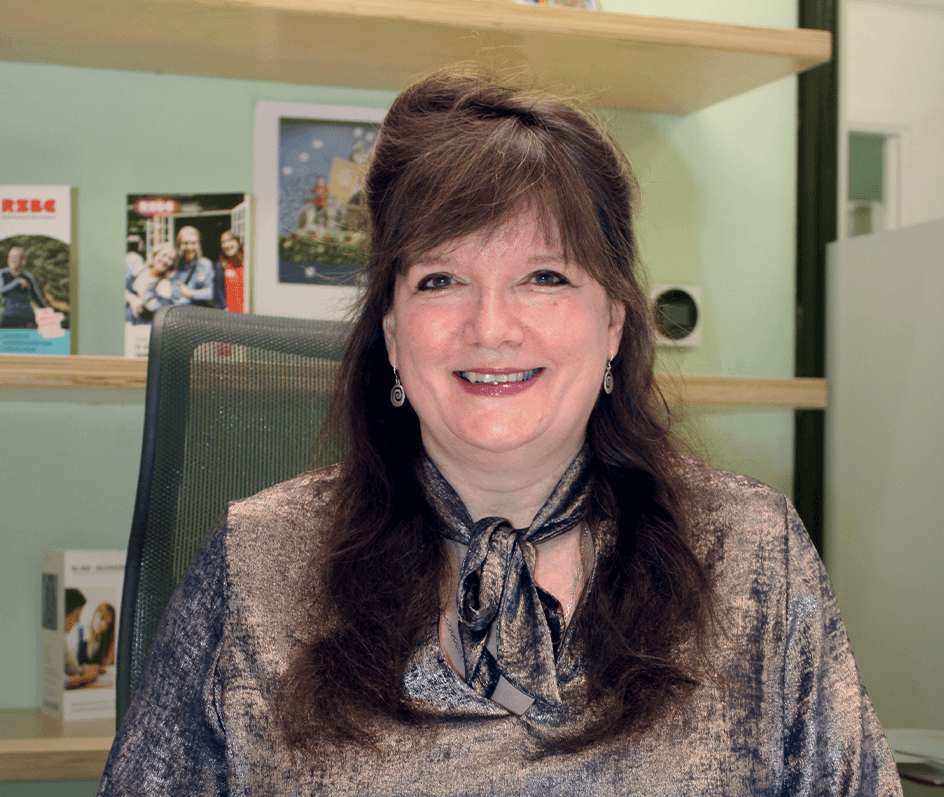
No categories March 28, 2025
Mother’s Day: our CEO shares her story
Happy Mother’s Day to everyone celebrating! In recognition of this special day, we sat down with our CEO, Julie, to hear about her relationship with her daughter, Saime, who is registered blind.
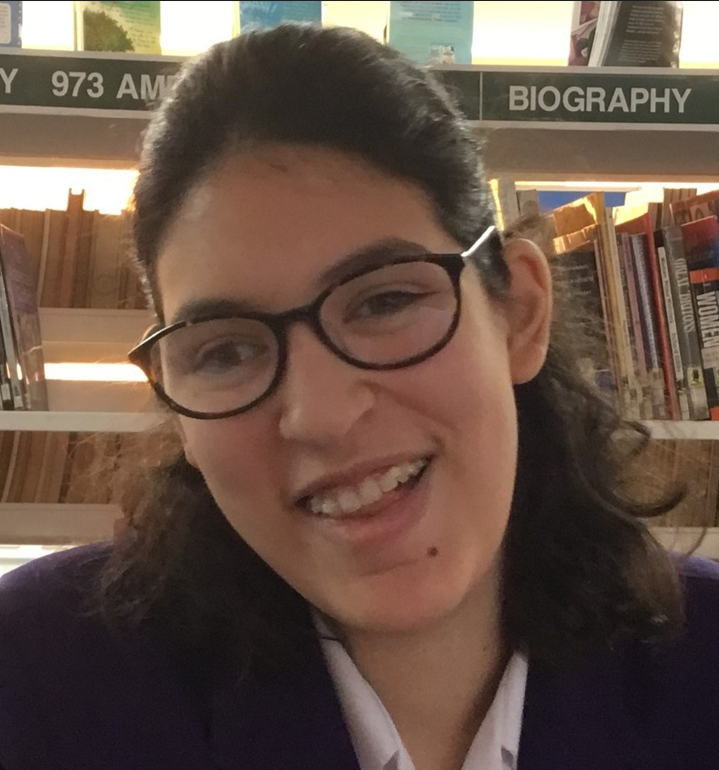
No categories March 20, 2025
What our young poets have to say this World Poetry Day
We were delighted to host two workshop sessions with renowned poet Dave Steele recently, and they certainly fired up the imaginations of the young people who attended! We’re pleased to be able to showcase the incredible talent that came out of the workshops in the beautiful poems written by those attending below.
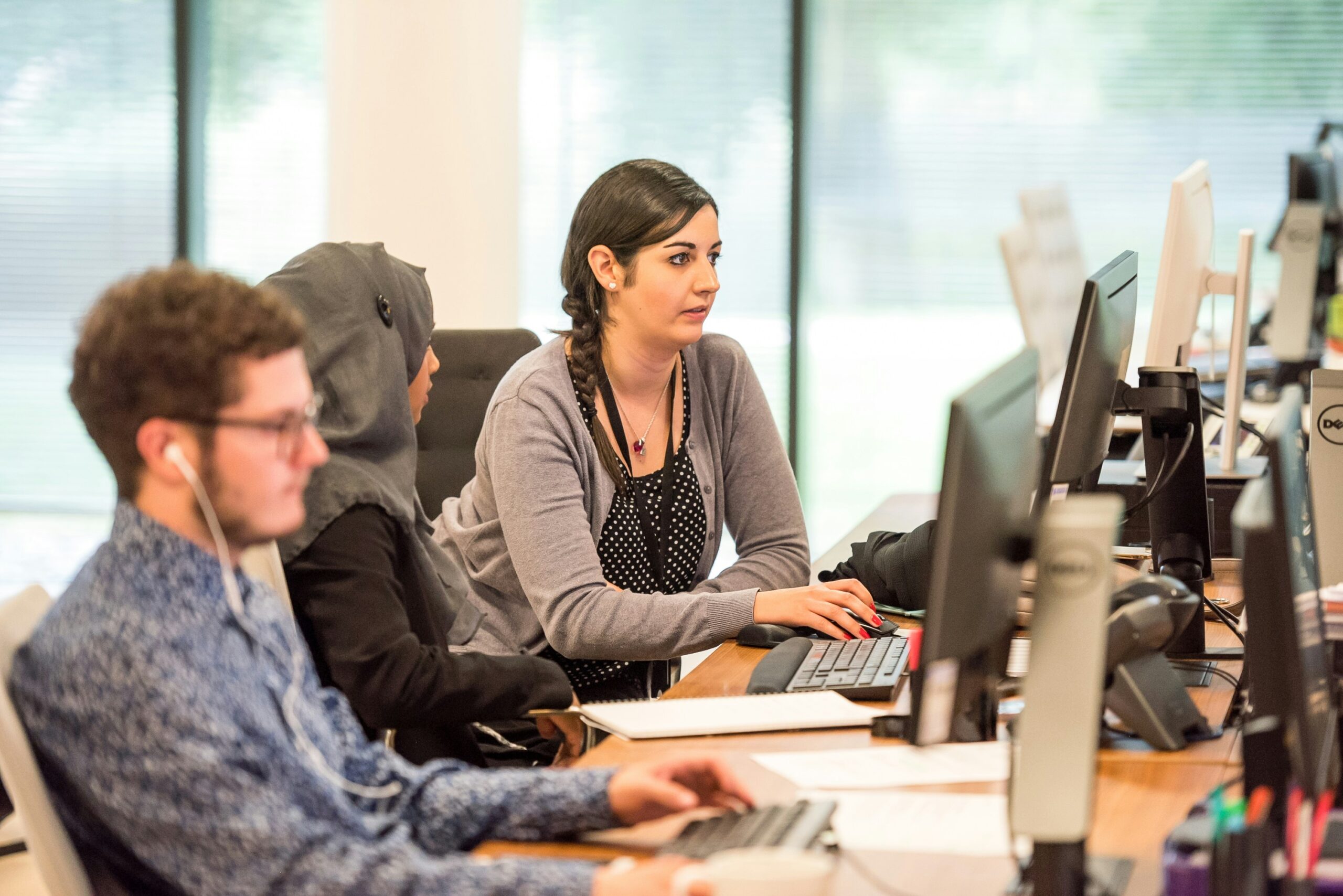
No categories March 10, 2025
RSBC’s 5 key reforms to support young people into work
The government has just announced plans for a major shakeup of the welfare system, with £6bn of proposed cuts. Personal Independence Payments (PIP) are a lifeline for many people in our community. We understand the system needs reform, and that tough times can call for tough measures. But cutting back on PIP without making it […]
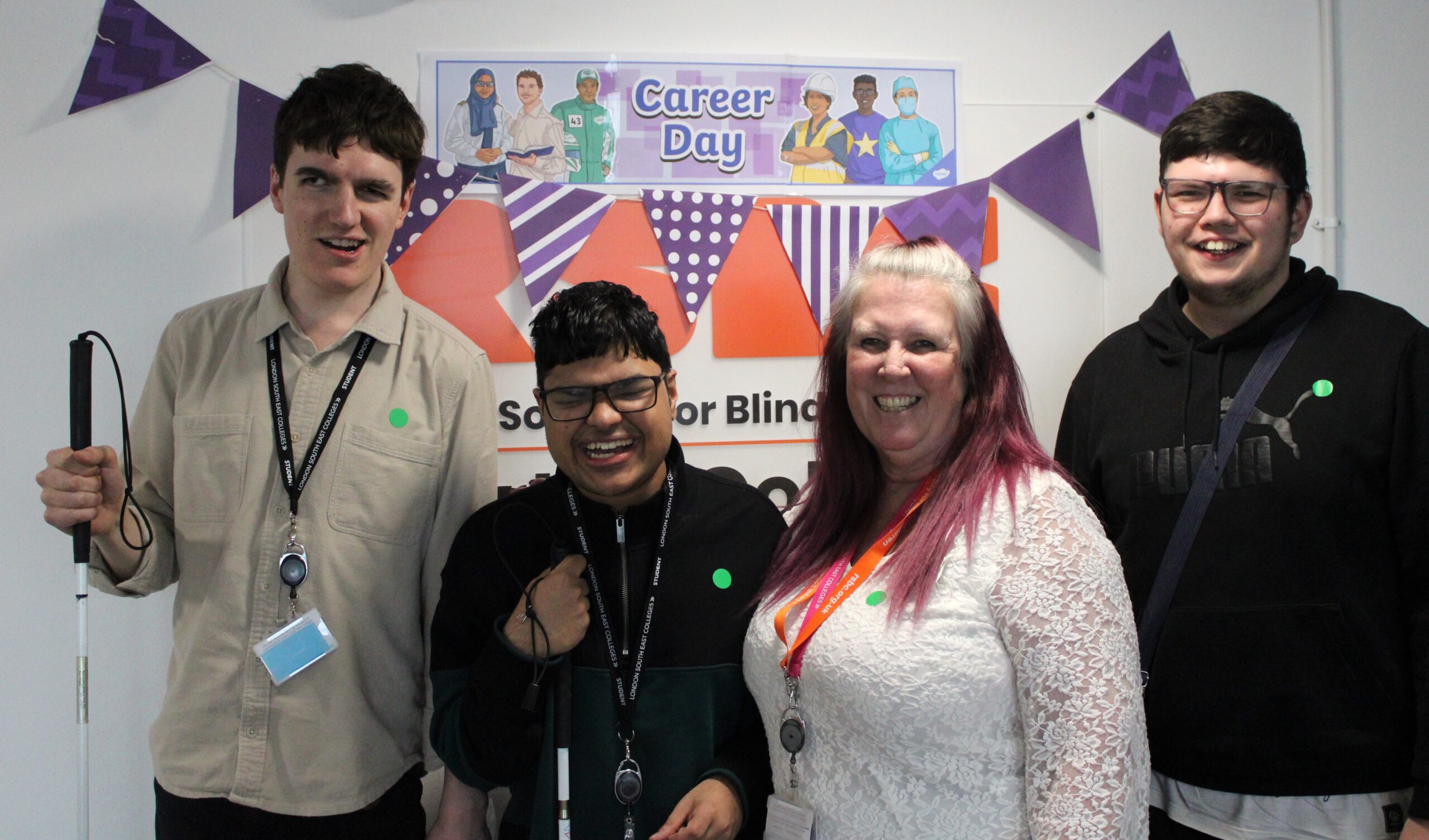
No categories March 7, 2025
Dorton College careers day: giving our students the confidence to shine
Too often, young people living with a vision impairment aren’t given the career opportunities they deserve. That’s why RSBC’s Dorton College hosted a careers day recently, inviting external speakers to inspire our students and help provide them with the tools they need to enter the world of work.
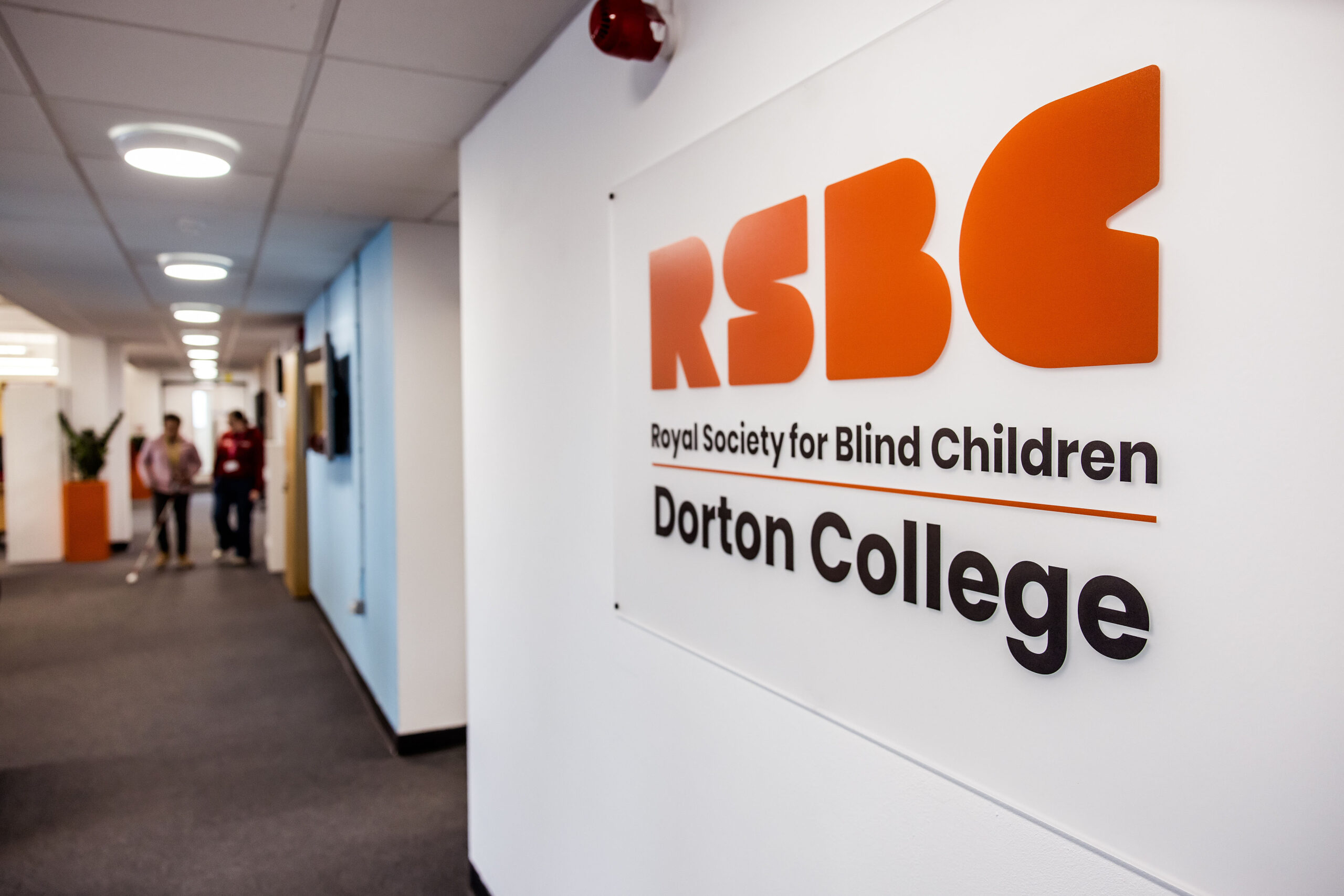
No categories March 5, 2025
Gary O’Donoghue’s win at the RTS Television Journalism Awards
Each year, the Royal Television Society hosts the Television Journalism Awards, celebrating the most prestigious change-makers in the British journalism space.
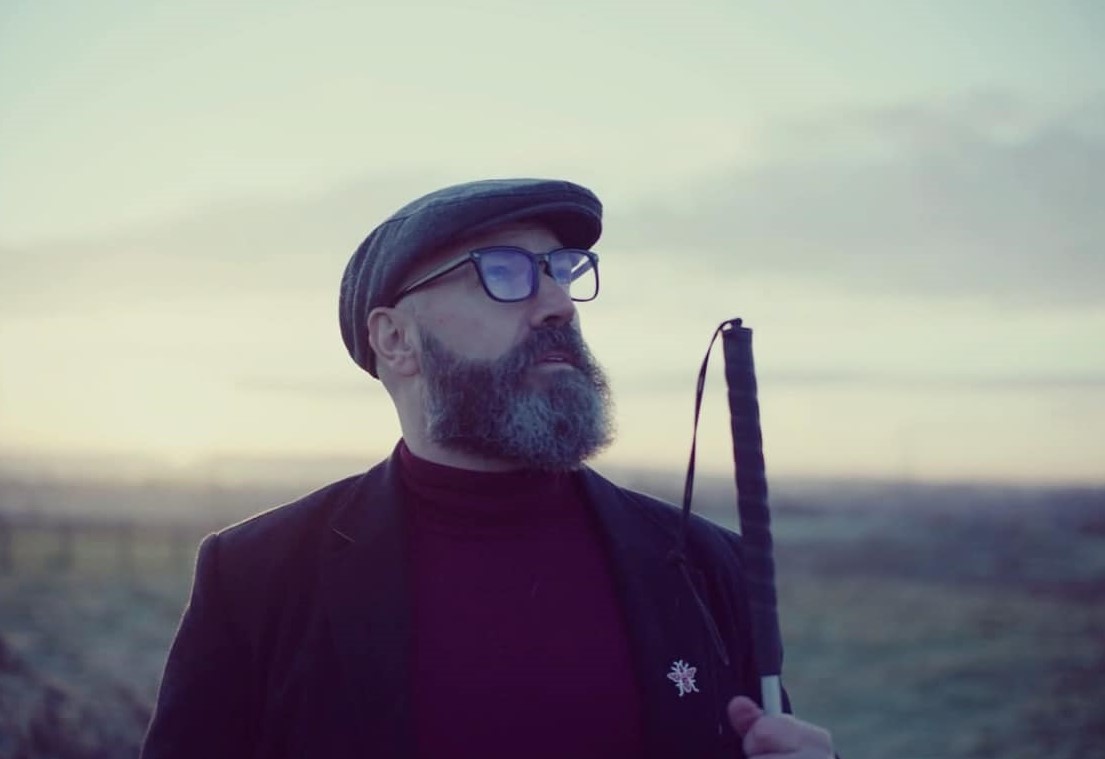
No categories March 4, 2025
Young people unlock their imagination at The Blind Poet’s workshops
Dave Steele, popularly known as The Blind Poet, is an internationally acclaimed and award-winning poet, author, speaker and singer – and an advocate for people with vision impairment.

No categories March 3, 2025
Helping young people be heard: RSBC’s Youth Voice Strategy Day
Recently, RSBC’s Youth Forum, Young Ambassadors and members of the RSBC team came together for a Youth Voice Strategy Day at our Life Without Limits Centre in London. The mission was simple: young people were tasked with coming up with their own objectives and create a roadmap for the future, which would help RSBC identify […]

No categories February 19, 2025
The Roundhouse becomes London’s first venue to use Navilens – with RSBC’s support
Iconic music and performing arts venue, the Roundhouse in Camden, has provided creative space that empowers people and communities since the 1960s. Its team is focused on unleashing the creative potential of young people and artists, giving them the opportunity to experiment, develop their skills, and be part of unforgettable moments with a lasting impact.
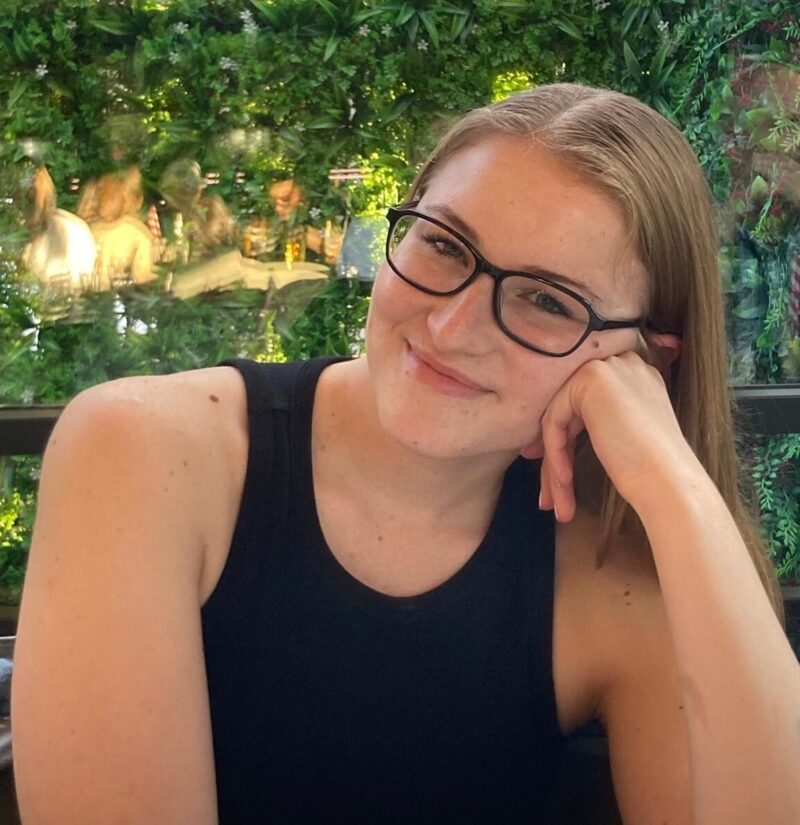
No categories February 14, 2025
A volunteer’s journey: Meet Joné
Joné has been volunteering with RSBC since August 2024. We spoke to her about why she wanted to become a volunteer and what her experience has been like so far.
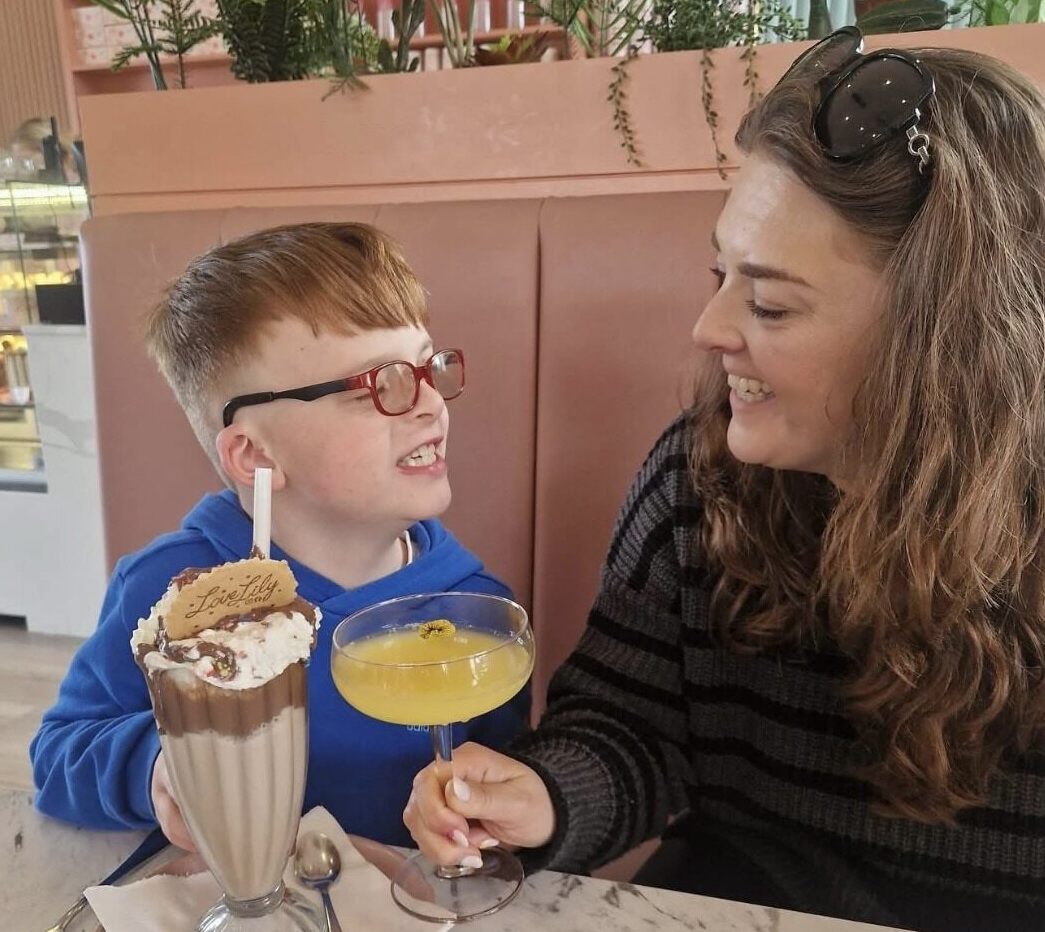
No categories January 30, 2025
George and Nicola’s story
George is an energetic and confident eight-year-old boy who lives in a bustling household with his mum, Nicola, his dad, and his baby brother Ted. It’s a home that’s filled with love and resilience as the family faces the challenges and celebrates the triumphs that vision impairment brings.
